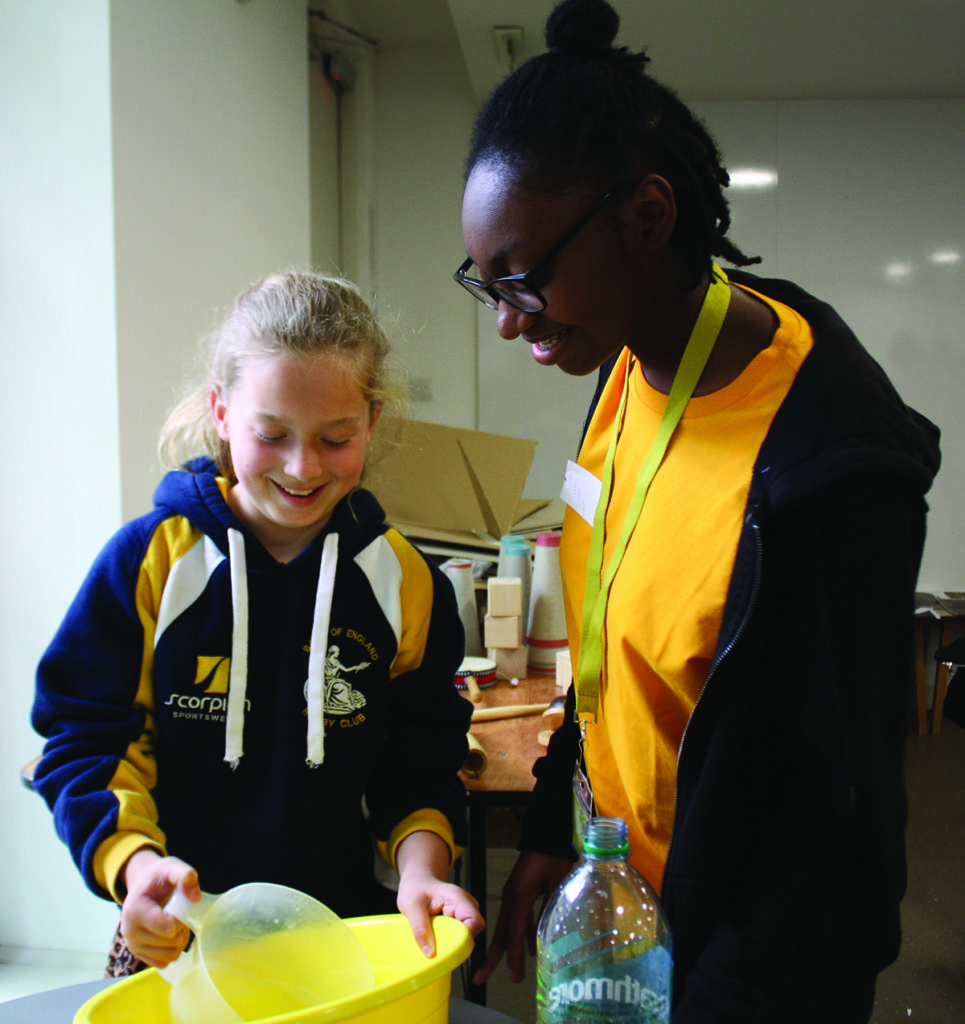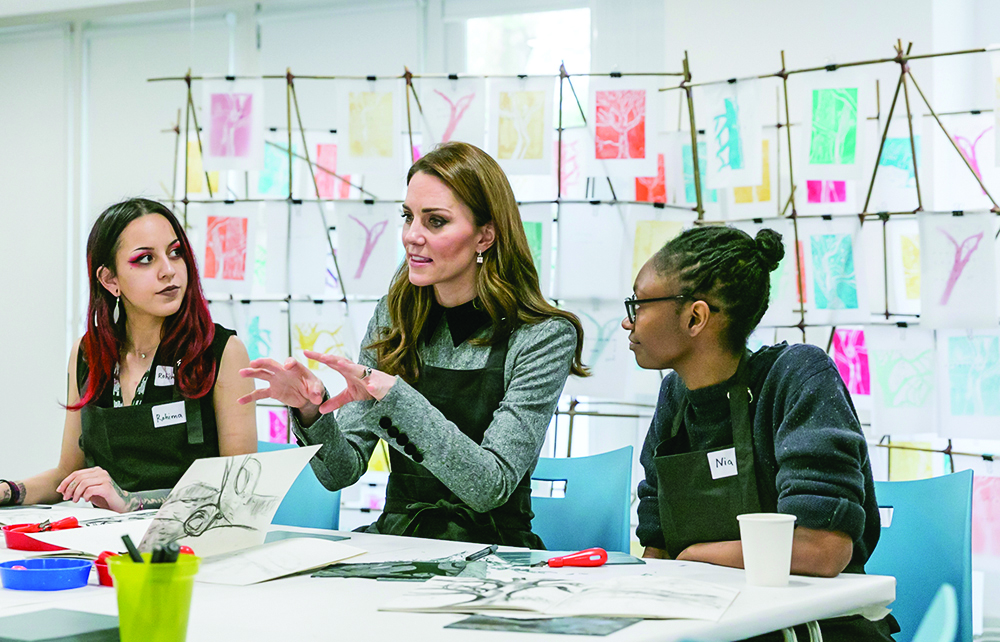Foundling MuseumTracing our Tales
The Foundling Museum, based in central London, explores the history of the Foundling Hospital, the UK’s first children’s charity and first public art gallery. They run exhibitions, contemporary art commissions, collection displays and historic archives as well as a live programme of concerts, workshops, talks and special events. The Museum works to transform the lives of disadvantaged young people through the arts, and to inspire everyone to make a positive contribution to society.
Tracing our Tales is their three-year project that started in October 2017 to develop a bespoke, paid training and mentorship programme for care-experienced young adults.

© The Foundling Museum

© The Foundling Museum
Target Beneficiaries
The beneficiaries of the programme are care-experienced young adults from London boroughs.
The year one cohort was made up of adults from Hackney and Lambeth but the programme is now taking young people on referral from all London boroughs.
The programme aims to provide paid employment and life skills, including public speaking, critical and creative thinking, and people management, as well as skills in art and creative expression.
As Lemn Sissay, Foundling Museum Trustee said: “Tracing Our Tales is an incredibly important project for care leavers, providing them with transferrable life skills, motivation, inspiration, and ultimately paid employment. The Foundling Museum tells the empowering story of life in care, a history experienced by the trainees as looked-after children and which they are best-placed to retell.”
Delivery
The programme was launched in October 2017 with the second year of the programme beginning in January 2019. Participants are paid and receive training and mentorship.
The programme is led by Foundling Museum Curator Emma Middleton and artist Albert Potrony. Albert works as mentor to the trainees, supporting them to learn teaching skills, including managing a group, planning and logistics, and art skills, including drawing, printing, clay, sculpture and casting.
The first year of the programme saw the trainees assisting with the development and delivery of three family workshops at the Museum. The second year focused on three areas: teaching, art and life skills, with the aim of training the participants to become assistants for future artist-led workshops at the Museum and develop life skills for future employment.
The project was shortlisted for a Museums Change Lives Best Project Award in November 2018.
Impact
The project is being evaluated by Professor Claire Cameron at the Thomas Coram Research Unit, UCL Institute of Education. Findings from the first and second year demonstrated a positive impact on trainees’ sense of belonging, social capital, education, training and employment, life skills and emotional wellbeing.
Many of the trainees started further education, training or employment during or shortly after the participation in the programme, with many stating they would not have had the confidence to apply for these opportunities prior to the traineeship. One trainee described the project as a ‘stepping stone’ into full-time employment.
Findings from the first year also showed that the project had a positive impact on trainee’s emotional and mental health and wellbeing, with reductions in severity of symptoms of depression, anxiety and phobias, and improved self-esteem and confidence.
One trainee from the first year was appointed as artist’s assistant to Albert Potrony, helping to develop and deliver training sessions for the second cohort to the programme.
Three trainees from the second year have been accepted onto paid civil service internships with one negotiating compressed hours to become the Tracing Our Tales Assistant. A fourth trainee has started a law degree with another now going into their second year of an art degree.
Testimonials
“The Foundling Museum is the only place we have to tell the story of being in care. It shows us in a good light, rather than the stigma we’re used to.”
“I felt like I had no skills, I wasn’t confident. But when I started the traineeship it made me realise actually that is not true, and I do have these skills.”
“It’s a safe environment to be yourself and I think that’s a big impact of the traineeship.”
